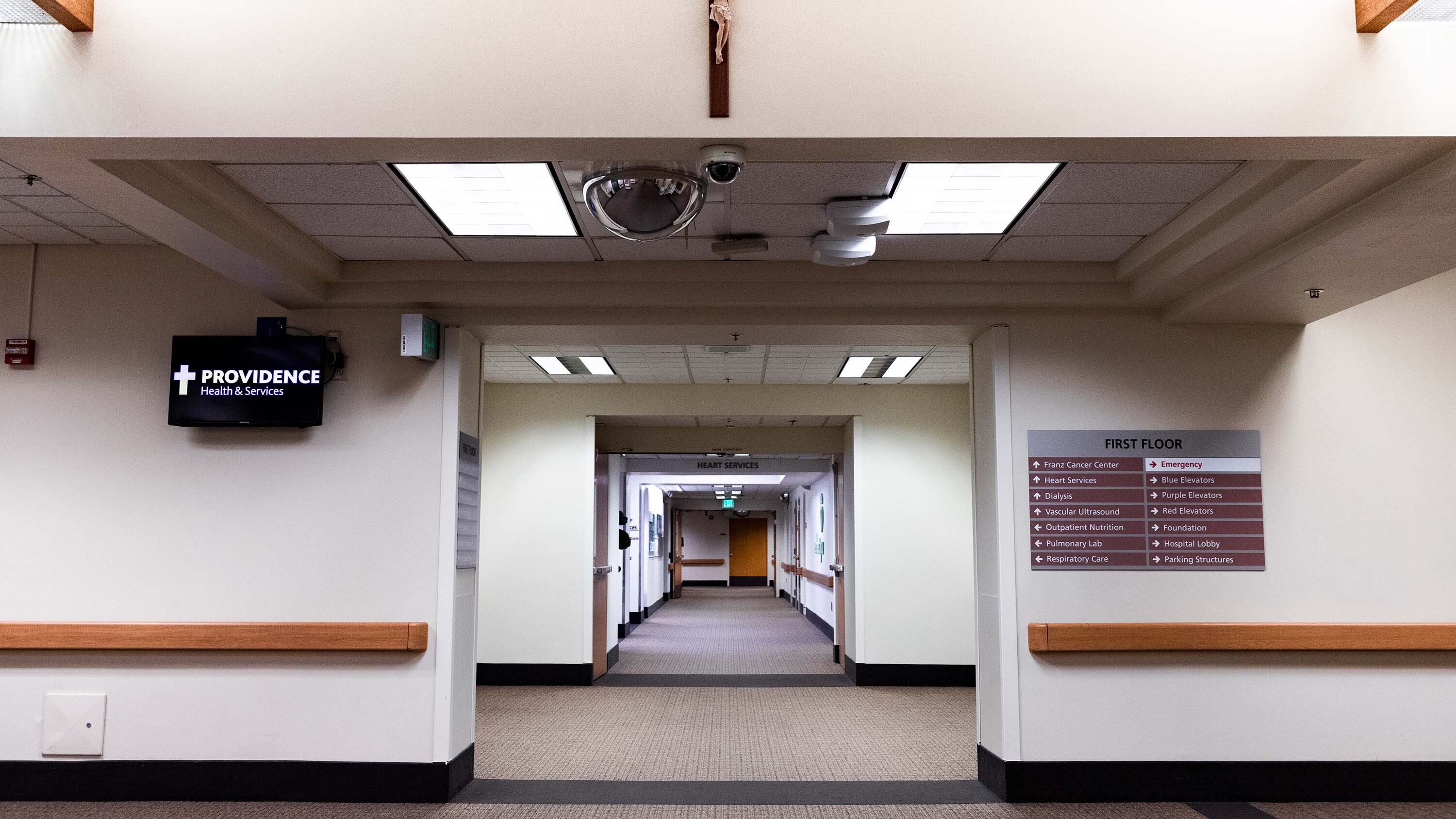Last week, WW wrote about a merger between two local health giants, Providence Plan Partners and CareOregon, which raises concerns about access to reproductive health services ("Little Choice," WW, Sept. 4). Here's what readers had to say about the merger.
K_J_Pall, via wweek.com: "The simple solution would be to stop giving religious organizations special rights to discriminate."
Carla Glavan Venturi, via Facebook: "For many of us on the Affordable Care Act, Providence is the only option. Once again, the insurance company holds all the cards, and we have no say in what kind of health coverage we receive. It is long past time for a universal health care system for all."
Suzanne Fleming, via Facebook: "Why would you contract Medicaid services from a provider that you know will deny certain services that are legal? Why is a church medical service provider getting a contract with the state?"
Alli Sayre, via Facebook: "Wow, this is scary for women in Oregon. Why was Providence granted an exemption at all?"
Public Pensions Should Not Fund Detention of Immigrants
Thanks for your article publicizing the growing pressure on Oregon's Public Employee Retirement System to divest funds from two private prison corporations, GEO Group and CoreCivic ["Stocks and Bondage," WW, July 17, 2019]. Both corporations run prisons for incarcerated immigrants and both have been strongly criticized. Congressman Raul Grijalva of Arizona calls a CoreCivic facility in his state "the deadliest immigration center in the U.S."
Do Oregonians want PERS investments to further the interests and profits of such corporations? Private prisons, especially in this time of Trump and his ICE roundups, are increasingly unpopular in Oregon (a sanctuary state) and across the U.S.
So why does divestment not move forward? PERS representatives give two reasons.
First, PERS says GEO and CoreCivic are part of an "index fund" and can't be divested without divesting from the whole fund. This would be a hassle and could result in some financial loss.
Second, as Katie Shepherd's article puts it, PERS investments must be made "without considering politics."
These are not good answers. This is not just a matter of "politics." It's about a moral choice in a very crucial time for our state and country. It doesn't work to toss aside citizens' objections about how money is being spent or invested by saying investment and morality just don't mix.
Raising the hassle factor and the prospect of a financial downside doesn't cut it either. Since when does trying to do the right thing happen without some hassle and risk?
Every day we read reports of events and decisions in the public realm that make us cringe. We can't address all of them. But once in a while something comes along that calls us to draw a line and ask others to stand with us. A situation where public pressure can make a difference. This is one of those times.
Kiera O'Hara, Northeast Portland

